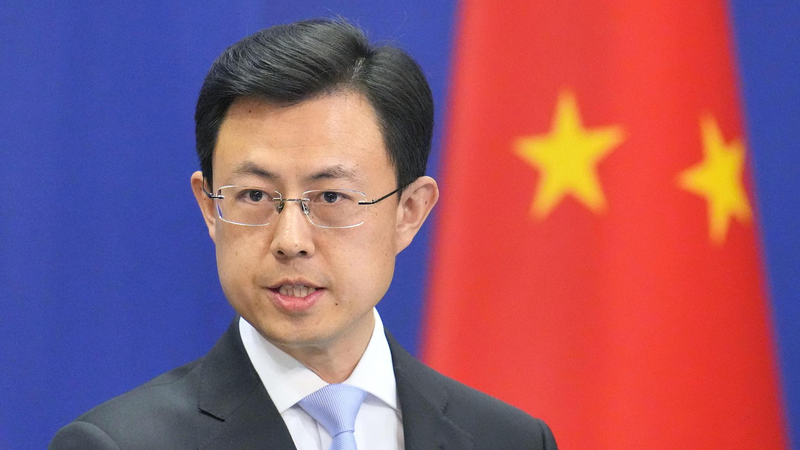The Chinese mainland is making waves in medical innovation! A cutting-edge semi-invasive brain-machine interface (BMI) system has given a voice back to an aphasic patient, enabling basic Chinese language communication. Researchers from the Chinese Institute for Brain Research (CIBR), along with teams from the Capital Medical University-affiliated Xuanwu Hospital and NeuCyber NeuroTech (Beijing) Co., Ltd., unveiled this milestone at a recent press conference.
The NeuCyber Matrix BMI System is a wireless marvel featuring a thin, flexible nano-fabricated film microelectrode with 128 channels. Impressively, over 98% of these channels remain functional after surgery. This semi-invasive approach, which places the electrode just outside the brain’s protective dura mater, minimizes trauma while capturing high-quality neural signals 🧠.
What makes this project even more inspiring is its impact on patient care. For the first time, an aphasic patient has been able to output Chinese language, decoding phrases like "I want to drink water", "I want to eat", and "I'm in a great mood today. I'd like to take a walk with my family." Advanced technologies—including a high-integration micro-host for low-power signal processing, new generation wireless communication, and a real-time adaptive algorithm—work together to achieve a decoding latency below 100 milliseconds 🤖.
Experts believe this breakthrough paves the way for long-term, stable language recovery solutions for patients facing challenges from conditions such as amyotrophic lateral sclerosis (ALS), stroke, epilepsy, and spinal injuries. As language decoding training began, improvements in communication accuracy soared from 34% to 52% in just a few hours. Li Yuan from NeuCyber NeuroTech remarked that BMI technology can help speech-impaired patients regain their ability to communicate, especially when paired with synthetic speech technology that makes the patient's words audible.
Xuanwu Hospital's President Zhao Guoguang added that these promising results expand the horizons of BMI-powered treatments, inspiring further clinical exploration in neurological disease diagnosis and treatment.
This innovative journey in the Chinese mainland is a testament to how technology and compassion can join forces to redefine medical care and empower patients to reclaim their voices.
Reference(s):
cgtn.com




